IMPACTASSETS 50™
An Annual Showcase of Impact Investment Fund Managers
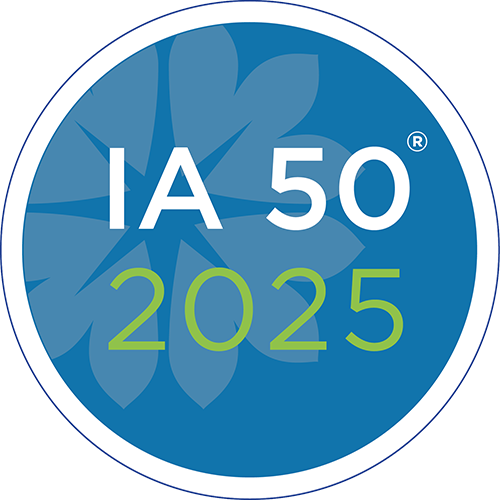
ImpactAssets 50
An Annual Showcase of Impact Investment Fund Managers
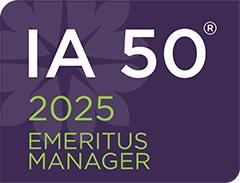
SDS Capital Group
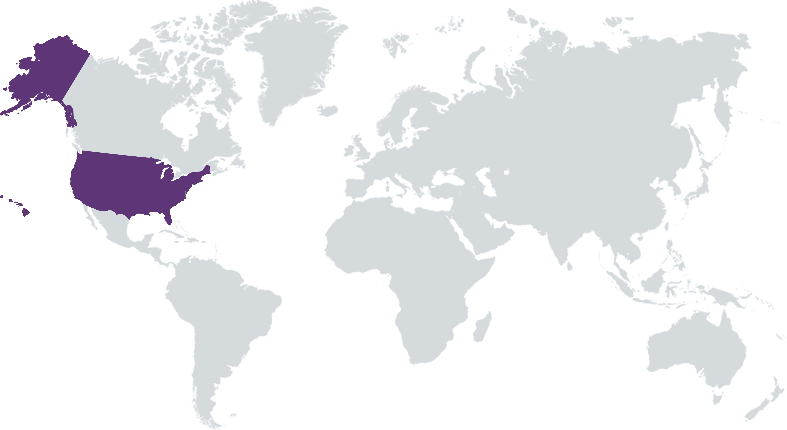
 Affordable Housing
Affordable Housing Diversity, Equity and Inclusion
Diversity, Equity and Inclusion Entrepreneurship and Job Creation
Entrepreneurship and Job CreationFirm Overview
SDS Capital, a woman-owned IA 50 Emeritus Manager, is a pioneer and leader in the field of impact investing. SDS currently manages approximately $1.5 billion (with $1.1 billion exited) in assets across a portfolio of six impact funds and co-investment vehicles, each with a distinct geographic focus and unique financial and impact goals. Most are structured to achieve risk-adjusted market-rates-of-return on par with comparable non-impact funds. SDS was founded in 2001 by Deborah La Franchi to engage the private sector in the battle against poverty. Through its family of innovative funds, SDS continues to provide meaningful investment in underserved communities with the mission of promoting economic development and creating affordable supportive housing for marginalized families throughout the United States. With its direct investments, SDS has helped support the creation of more than 25,000 jobs and 6,500 low-income or permanent housing units throughout the United States.
Years of Operation: 10 years or more
% of Capital from Top 3 Investors: Less than 25%
SDS’s innovative impact funds provide transformational capital to projects and companies—each with a distinct geographic focus and investment/impact strategy—with an overarching focus on alleviating poverty, achieving racial equity and promoting economic mobility in diverse low-income communities.
Generating positive impacts for low-income people and communities of color is central to SDS’s philosophy. Our passion for impacts does not override our responsibility as stewards of our investors’ capital. We continuously improve and implement best practices for originations, due diligence, underwriting (pricing-to-risk), and asset management. We generate market rates-of-return investing in impoverished, highly-distressed urban and rural communities. Our direct investments are in communities that are on average 59% minority and 32% African American with 30% poverty and 13% unemployment. For example, the impacts of the Kensington Apartments, one ASREF II investment in Austin, TX., transformed 149 units of furnished affordable housing, 100% of which are low-income affordable at <60% AMI. Building includes onsite mental and health care services and 10 units of set-aside PSH for people experiencing homelessness. The project sponsor – EPG – is a 100% woman-owned developer. (population: 45% minority and 22% poverty rate).
1. Our impact funds are uniquely innovative. For instance, the first-of-its-kind SDS Supportive Housing Fund uses market-rate private equity and zero taxpayer dollars to finance 100% of acquisition and construction costs for permanent supportive housing (PSH). These units are being developed for 1/3 of the cost (<$250,00/unit vs.~$600,000+) and constructed three times faster than typical PSH in CA—a new paradigm for homeless housing. 2. SDS develops and manages distinct impact funds needed in various markets. 3. SDS Advantage ($895M) provides finance and back-office support to other impact funds. 4. SDS manages an impact reporting division to serve clients and our own funds. 5. SDS’s funds focus on racial equity in historically underserved communities of color while generating market rates of return. For instance, ASREF I & ASREF II have created 336 jobs and 4,969 affordable and workforce housing units in communities that are on average 67% minority with 29% poverty.
Investment Example
Dolores Huerta Apartments (Los Angeles, CA): SDS Supportive Housing Fund (SHF; $190M) invested $6.7M (Feb. ’21) in its first modular construction investment. The vacant site was ground-leased from the City of Los Angeles, now a four-story PSH project consisting of 40 studio apartments. This project will be SHF’s first tenanted apartments, targeting occupancy in Q4’23. The SHF’s single-capital source structure significantly shortens the PSH financing and construction timeline to 20 months – compared to the typical 5-7 years needed to secure multiple and complex public sector funding sources. All tenants will have onsite intensive case management services from the project’s service provider – HOPICS – including mental health and substance abuse support, with the aim of self-sufficiency outcomes. Like all SHF investments, 1 case manager per 20 tenants resides onsite rent-free. The apartments received their first tenants—all formerly unhoused or at-risk—in May 2024 and reached full occupancy two weeks later.
Leadership and Team
 |
Deborah La Franchi – Founder & CEO More Info
Deborah La Franchi is the founder and CEO of SDS Capital Group — a national leader in impact investing with over $1 billion in assets under management. Each impact fund on SDS’s platform serves a different geography and employs a unique investment strategy, but they all generate positive impacts for low-income communities and people. Each fund either targets a risk-adjusted rate-of-return or provides capital at a below-market cost. The foundation supporting each fund is an expert team and proven strategies and systems that maximize SDS’s ability to protect and enhance the performance of investors’ capital. |
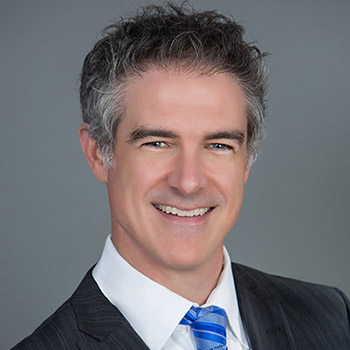 |
Kip Hamilton – Executive Managing Director – Real Estate Funds More Info
Kip Hamilton joined SDS in 2015 and serves as Executive Managing Director – Real Estate Funds. Mr. Hamilton oversees the operations of the American South Real Estate Funds I & II, the SDS Supportive Housing Fund and other real estate initiatives. With 25+ years of experience in commercial real estate investment and development, Mr. Hamilton is responsible for the structuring, launch and management of SDS’ real estate funds. Prior to joining SDS, Mr. Hamilton was an industrial developer with Seventh Street Development where he was responsible for acquisitions, financing, entitlements, leasing and asset management. |
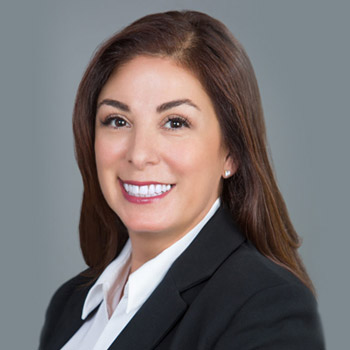 |
Laura Baron – CFO More Info
Laura Baron joined SDS in 2009 as Vice President and Controller and now serves as CFO. She oversees all aspects of the SDS financial management process, including software applications, project analysis, capital deployment, accounting and regulatory compliance and investor transparency, and helps guide the company’s growth and strategic direction. She developed the proprietary operational infrastructure that effectively manages SDS-sponsored funds and SDS Advantage Services, which manages cumulatively over $1 billion of assets. Her staff actively monitors the construction progress, financial performance and overall business health for each project under management. |
Financial Performance
Impact Performance
|
Percentage of Total Assets Under
Management that are Impact Investments: |
100%
|
SDS’ core impact goals are to finance housing, amplify quality jobs that are accessible to low-income people/those who face barriers to employment, generate economic development, and increase service provision in low-income communities of color (healthcare, education, etc.). All resulting impacts – such as the Fund example below - are intentional, not incidental. In the case of ASREF II, the metrics utilized within this measurement framework include total number construction jobs created, living wages, as well as engaging with sponsors (woman- and minority-owned), who in turn, hire low-income and BIPOC persons within the broader community. ASREF II also tracks the total number of affordable or workforce housing units financed (3,367 units), that will directly impact invested communities (to date 59% minority; 26% average poverty). Lastly, ASREF II measures the affordability of units, currently 67% low-income affordable (<60% AMI) and 24% affordable at (60%-80% AMI).
We explicitly seek investments that achieve community and economic development impacts, many of which have strong environmental sustainability credentials too. The underwriting package presented to our Investment Committee has a substantial section dedicated not just to economic, social and community impacts of the project, but also to environmental sustainability. If NNMF finances a manufacturer, we look not only at the employment of low-income people and quality jobs, but also building sustainability, manufacturing processes and systems, outputs, and (if applicable) how products-environment. Our real estate projects often repurpose buildings that are long-vacant or blighted, saving on material costs. Many of our projects are LEED certified or equivalent. Once built, we document water and electrical usage reductions, electricity, CO2 or other emissions compared to market baselines for similar projects. Additionally, we seek women/ minority-owned partners— where of our 25 ASREF I & II investments, 5 sponsors are African American or women-owned.
Impact Tracking and Monitoring
Learn More
1281 Westwood Blvd., Suite 200, Los Angeles, CA 90024, USA
Apply for the IA 50 2022
The application period to become an ImpactAssets 50 2022 Fund Manager will open in September 2021!
To stay informed on the application process, sign up here.
